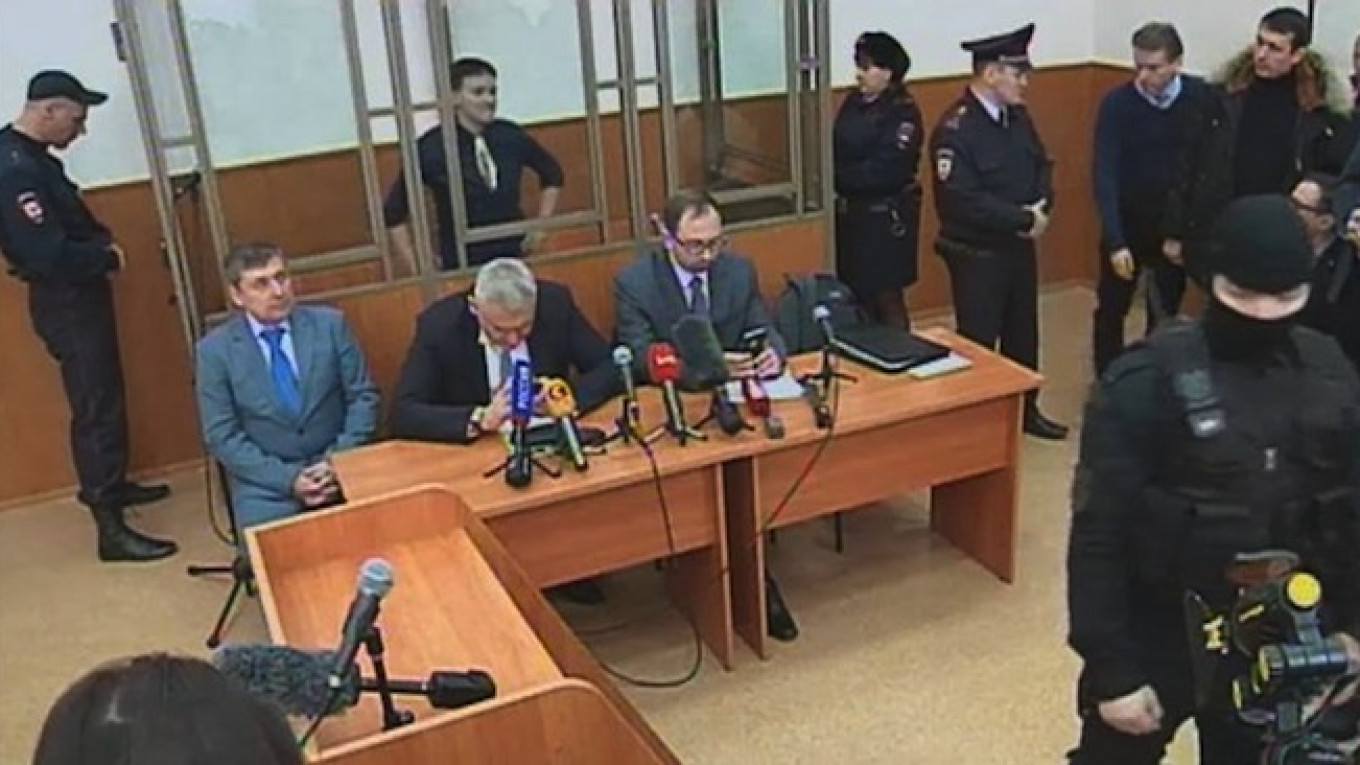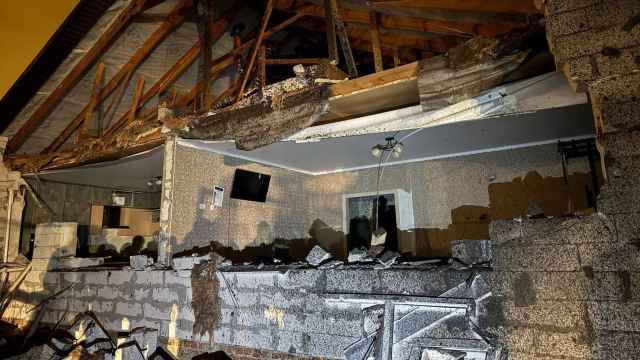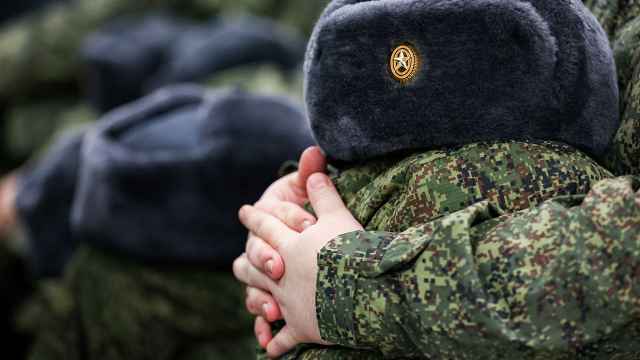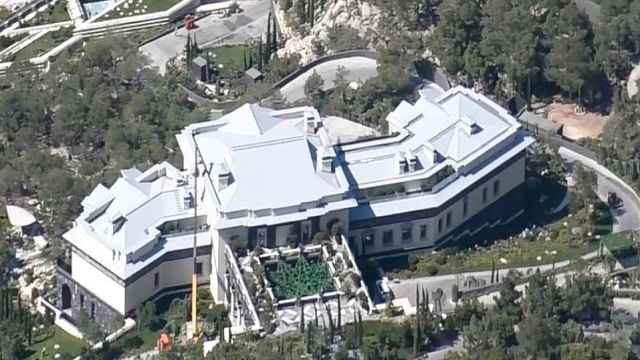DONETSK (Rostov region) - A Russian court has found Ukrainian military pilot Nadezhda Savchenko guilty of abetting in killing two Russian journalists near Luhansk, east Ukraine in 2014. Savchenko was sentenced to 22 years in a penal colony and a 30,000 ruble ($440) fine for illegally crossing Russian border, after a panel of three judges rejected as “inconsistent” all the defence’s arguments, testimony and expert statements. The verdict, delivered following a highly contested trial, is likely to further increase tension between Russia, Ukraine and the West.
Judge Leonid Stepanenko read the verdict all of March 21 and for half of March 22 — the document ran to more than 200 pages.
“The court established that Savchenko committed a crime out of hatred and enmity to the civilian population of the Luhansk region, because of their rejection of the legitimacy of the Ukrainian government and their desire to from their own particular territorial formation — the Luhansk People’s Republic,” read the judge. Russian journalists in the hall interpreted this as a guilty verdict, but the judge was, in fact, still to make an assessment of the facts as they saw them. “They jumped the gun,” wrote Nikolai Polozov, Savchenko’s lawyer. But few had any doubts at the time that the verdict would be a guilty one.
The judge read aloud witness statements of the prosecution, the testimony of Savchenko herself, questioned twice in the trial, medical records of the type of injuries suffered by Igor Kornelyuk and Anton Voloshin, whose death prosecutors blame on the Ukrainian servicewoman. Results of examinations offered by the defense were summed up in two pages.
On the first day of the verdict reading there was no mention of any of the evidence that suggested Savchenko might not be guilty. At the same time, the judge sided with investigators that Savchenko acted in agreement with commander of the Aidar battalion Sergei Melnichuk, who was directly in charge of the artillery attack during which the journalists died.
Statements by the defense's witnesses and experts were read on the second day — as well as testimony claiming Savchenko had illegally crossed Russian border. “Judge Stepanenko switches to perjurers who describe Nadezhda's 'travel' around Russia,” Polozov commented on Twitter. Afterwards the judge turned to Savchenko's credentials, her sister Vera's statements and the defense's experts, who testified about the quality of cellular connection on the day of the accident and about the fact that Savchenko was captured before the attack on the journalists occurred.
Security was stepped up during the verdict. There were several dozen policemen bussed into town for the occasion, and the border with Ukraine was patrolled by traffic police. As a result, the situation within the town began to heat up, and local residents — angered over the past few months of basement and attic searches, and the close attention of security officials — began to air their dissatisfaction at a meeting with journalists.
Before the weekend, parents were warned that the city would be visited by many foreigners, and were advised to monitor their children closely. Police and security services expected mass demonstrations in support of Savchenko, but in the end the only demonstrators were pro-Kremlin youth movements, who stood with posters of the killed journalists, and demanded the court “punish the murderer.” According to local residents, these demonstrators were student and state employees, specially bussed in from neighboring towns.
Perhaps there would have been demonstrations in support of the Ukrainian servicewoman too, had Russian border guards allowed Ukrainian activists to enter the country. They were instead detained at the border for several hours, before being refused entry.
Another person waiting at the border was Irina Gerashchenko, an MP in the Ukrainian parliament and Ukraine's representative in the peace negotiation process. She was denied entry to Russia until 2021, “in order to protect national security.” Gerashchenko was traveling as part of an official delegation of deputies, diplomats and officials, headed by Svyatoslav Tsegolko, press secretary of Ukrainian President Petro Poroshenko. Tsegolko, who said he had arrived in Donetsk “on Poroshenko’s orders,” tried to take a picture of Savchenko inside the dock, but the judge reprimanded him and forced him to delete the pictures.
One of Savchenko’s lawyers, Mark Feygin, said the defense team had managed to prove the innocence of the Ukrainian servicewoman. At the same time, none of the defense team were confident.
Russian news agencies, who mistakenly declared a guilty verdict yesterday, were only anticipating the obvious.
A Message from The Moscow Times:
Dear readers,
We are facing unprecedented challenges. Russia's Prosecutor General's Office has designated The Moscow Times as an "undesirable" organization, criminalizing our work and putting our staff at risk of prosecution. This follows our earlier unjust labeling as a "foreign agent."
These actions are direct attempts to silence independent journalism in Russia. The authorities claim our work "discredits the decisions of the Russian leadership." We see things differently: we strive to provide accurate, unbiased reporting on Russia.
We, the journalists of The Moscow Times, refuse to be silenced. But to continue our work, we need your help.
Your support, no matter how small, makes a world of difference. If you can, please support us monthly starting from just $2. It's quick to set up, and every contribution makes a significant impact.
By supporting The Moscow Times, you're defending open, independent journalism in the face of repression. Thank you for standing with us.
Remind me later.






